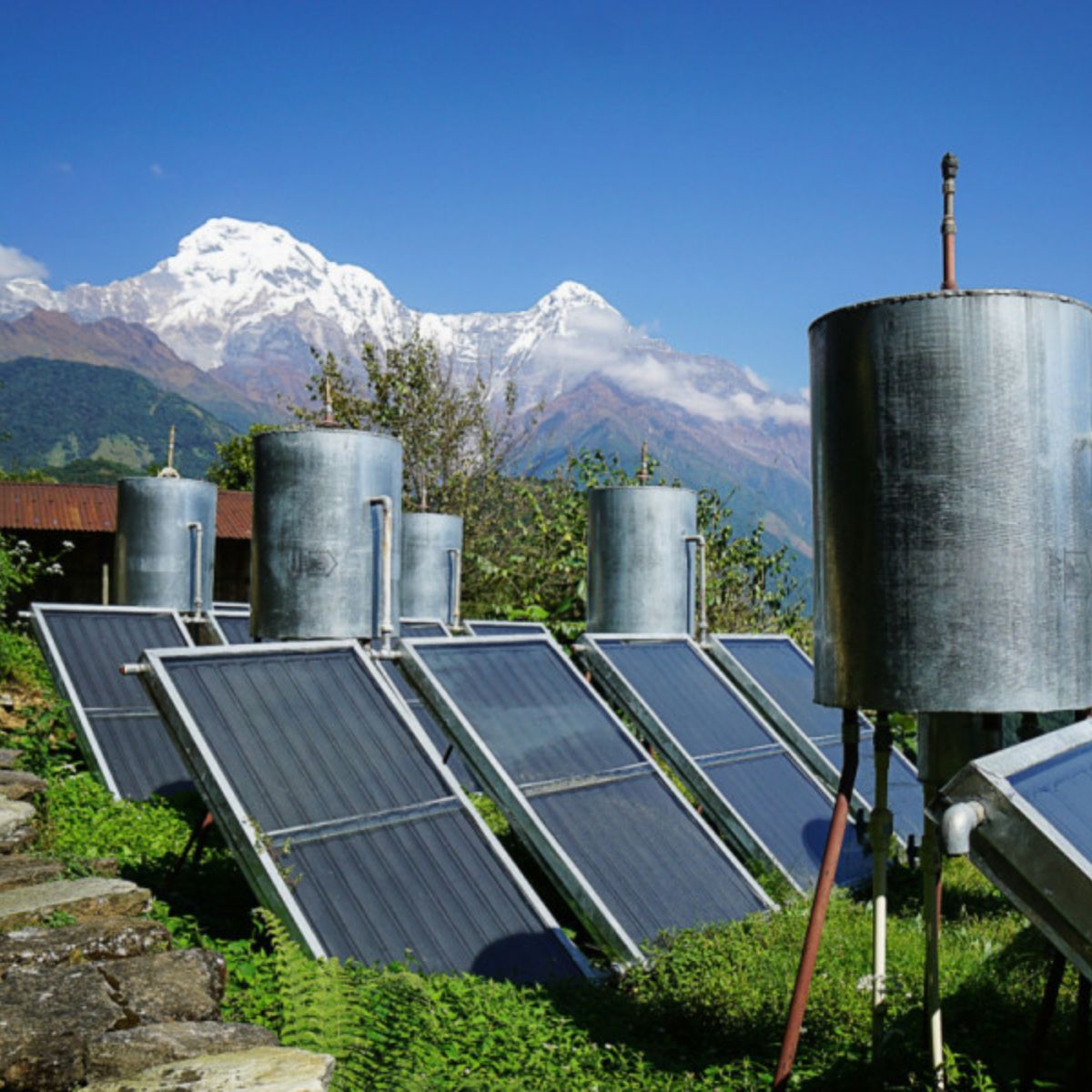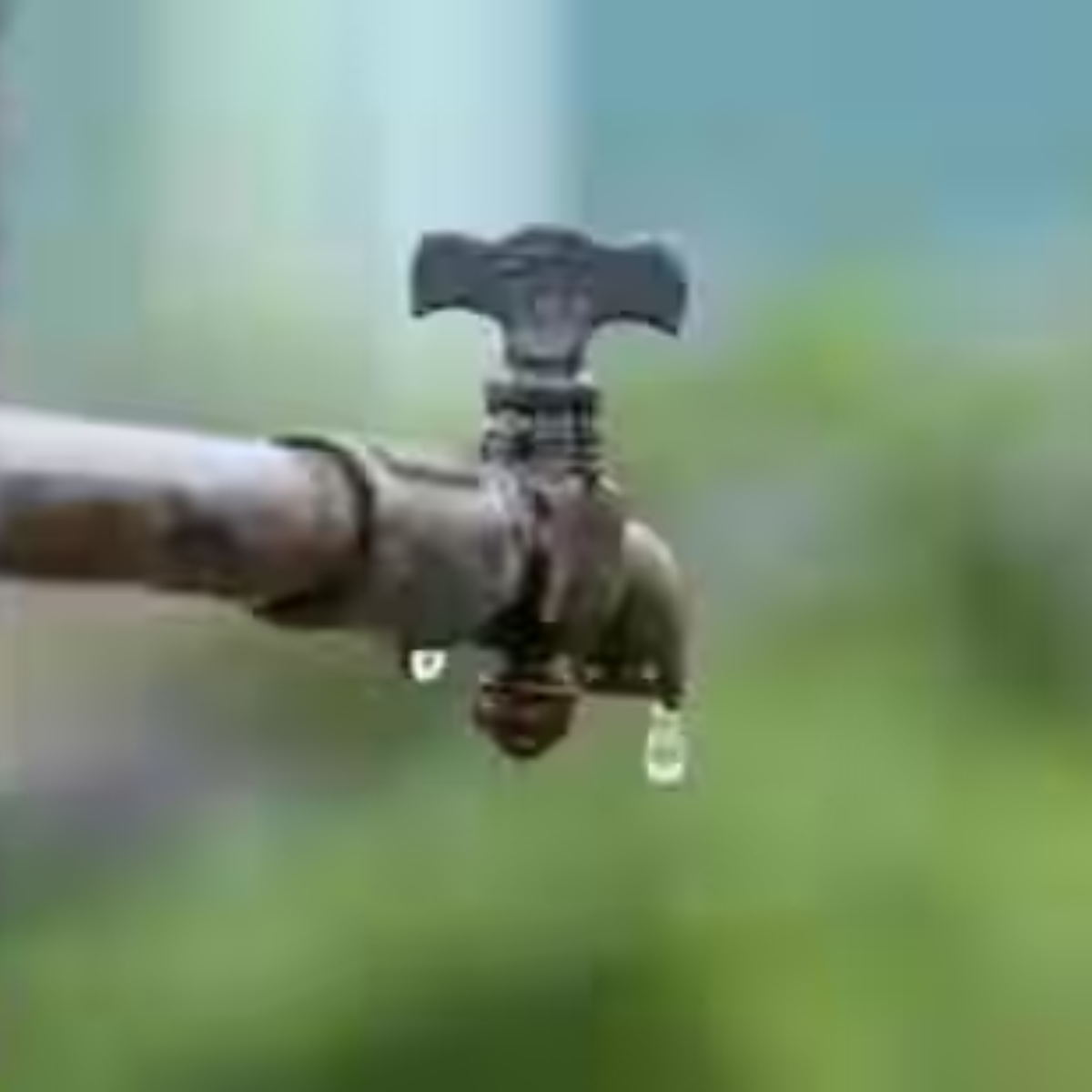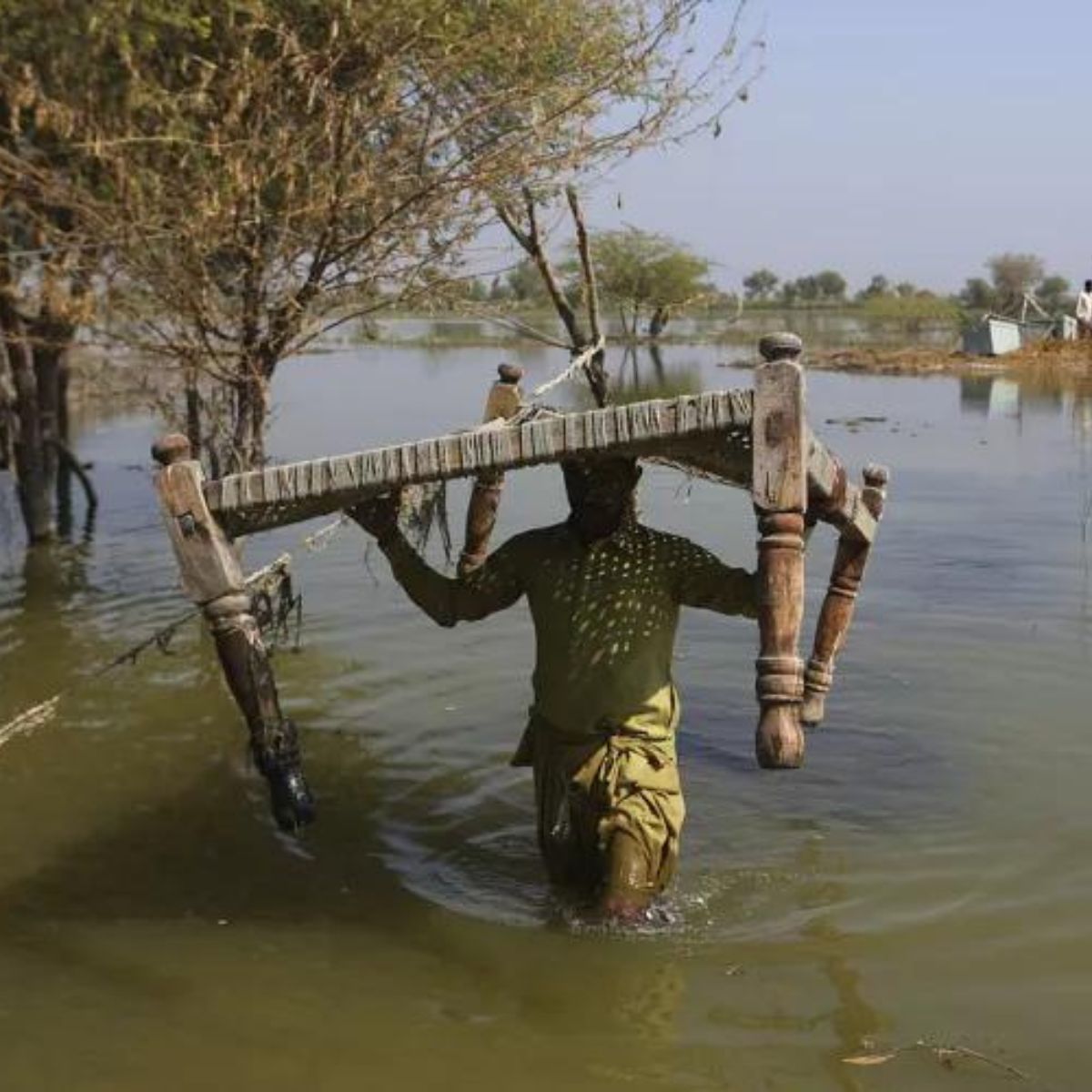Renewables and climate change in Nepal
Source: The Himalayan Times
Date: 18 Mar 2023
Energy is essential for development, but its environmental impact raises concerns. Renewable energy technologies (RETs) are crucial for mitigating climate change. Globally, non-renewable sources dominate energy demand, with conventional energy sources being prevalent in Nepal. Slow adoption of RETs hinders climate goals. Nepal boasts substantial renewable potential, such as hydropower, solar, and wind. To combat climate change, Nepal aims for 15% of energy from RETs by 2030, transitioning to electric vehicles, and expanding the national grid. RETs benefit climate-vulnerable communities and generate revenue through carbon sales. Challenges include slow progress, petroleum consumption, and political obstacles. Recommendations include setting achievable targets, diversifying energy sources, decentralization, and local involvement to meet climate goals.
India can face water woes due to effects of climate change
Source: Hindustan Times
Date: 16 Mar 2023
NITI Aayog advisor on Water and Land Resources Avinash Mishra has cautioned that India could face water woes in the future due to the effects of climate change and hence the need of the hour is to study traditional methods of water management for water conservation. Mishra was on Wednesday was speaking on ‘Freshwater Ecosystems and Challenges’ during the workshop series titled ‘Institutionalised Skilling Ecosystems for Advanced Realisation of Sagar Vision’ to drive the Underwater Domain Awareness (UDA) framework, organised by Pune-based Maritime Research Centre (MRC) along with Indo-Swiss Centre for Excellence (ISCE) at the College of Engineering, Pune.
IPCC report: Here’s how we can defuse the ‘ticking time bomb’ of climate change
Source: EuroNews
Date: 21 Mar 2023
“If we act now, we can still secure a liveable, sustainable future for all,” Chair Hoesung Lee said at the launch of the latest Intergovernmental Panel on Climate Change (IPCC) report. Written by the world’s leading climate experts, it lays out a clear path to drastically cut emissions and repair the damage that’s already been done. But it requires governments to get onboard and fund it – without delay. This Synthesis Report brings together all the most up-to-date science on our warming planet.



